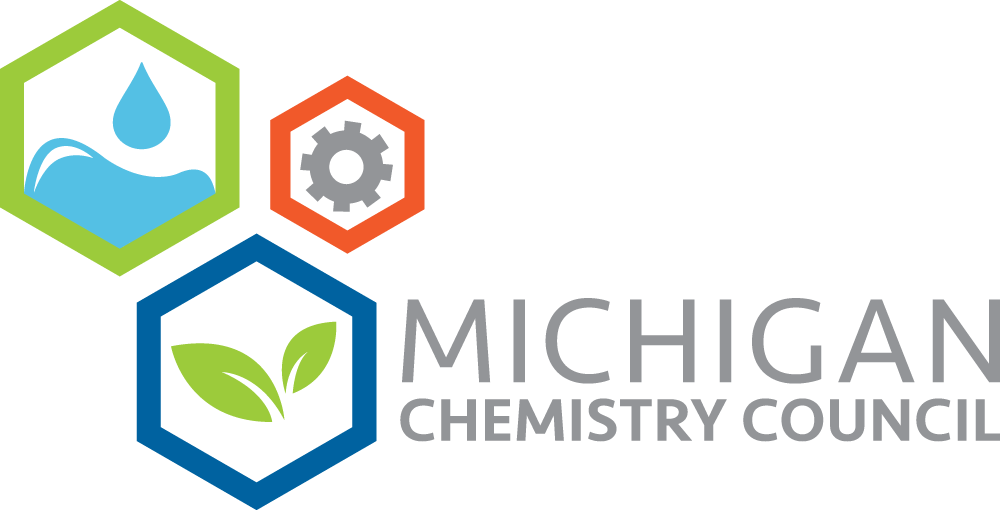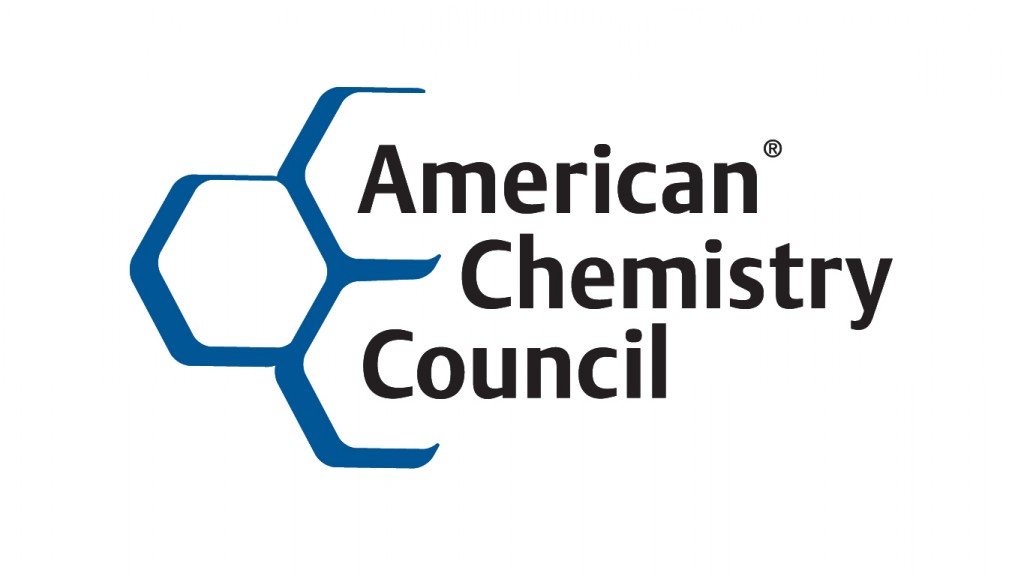One could say that the chemical manufacturing industry makes the world go round. More than 96 percent of all manufactured goods are directly touched by the business of chemistry. Every new home built in the U.S. contains over $15,000 of chemistry products, while every light car produced in the U.S. contains over $3,500 of chemistry products.
For Michigan, home of America’s major automakers and the 13th-largest chemical-producing state in the nation, the chemical industry is particularly vital. At $15.5 billion, chemistry is the third-largest manufacturing sector in Michigan. Chemical manufacturing provides approximately 30,000 direct jobs and another 90,000 related jobs in Michigan, including more than 34,000 jobs in plastics and rubber products.
Energy is among the most significant issues of concern for the chemical industry. Our members greatly depend upon reliable and affordable energy sources – particularly natural gas – not only to produce heat and power, but also as the primary raw input needed to create the chemicals that go into thousands of manufactured goods that Americans use every day. Natural gas is to the chemical industry as flour is to a bakery.
As America has tapped its plentiful supplies of domestic natural gas, our industry has seen a huge surge in manufacturing investments. The affordability of this energy source has created hundreds of thousands of jobs, and helped grow U.S. manufacturing just as our economy recovers from the financial crisis.
But it’s important that we take advantage of this competitive resource. U.S. chemical manufacturers especially need infrastructure to move energy feedstocks from sites of production to their factories. Pipelines are a critical component in moving abundant and inexpensive supplies of natural gas. While new infrastructure is coming online, more is needed.
The Michigan Chemistry Council and its members believe pipelines like the Rover natural gas project represent the state’s best means of safely transporting natural gas to markets throughout the Midwest and Great Lakes region, protecting consumers against energy shortages.
The Rover pipeline will deliver 3 billion cubic feet of clean, new natural gas supplies each day to the Michigan and Ohio regions, which are largely dependent upon out-of-state production to meet their needs.
In addition to producing 10,000 construction jobs – including 1,500 positions in Michigan – this $4.2 billion investment would put approximately $570 million in the pockets of Michigan workers, generate more than $124 million in direct payments to landowners for easements, and produce an estimated $9 million in additional Michigan sales tax revenues during construction alone. After construction, the state will receive about $6 million in property taxes.
Energy Transfer Partners, the company proposing the pipeline, has also adopted a strong “Buy American” policy for this project and claims that about 76 percent of the Rover Pipeline will be made in the U.S. Overall, the majority of the equipment and more than $1 billion in goods will be purchased from U.S. manufacturers, including businesses here in Michigan.
The continued development of Michigan’s chemical industry depends on growing our natural gas infrastructure to transport natural gas resources safely and efficiently from their source to market. The Rover Pipeline is an important step in developing our energy infrastructure, and the project stands to carry with it a host of indirect benefits for the state. I urge the Federal Energy Regulatory Commission to proceed with its review of the Rover Pipeline project.
John Dulmes, Executive Director of the Michigan Chemistry Council



